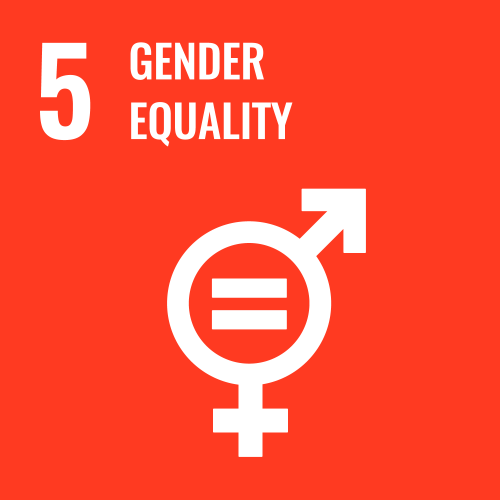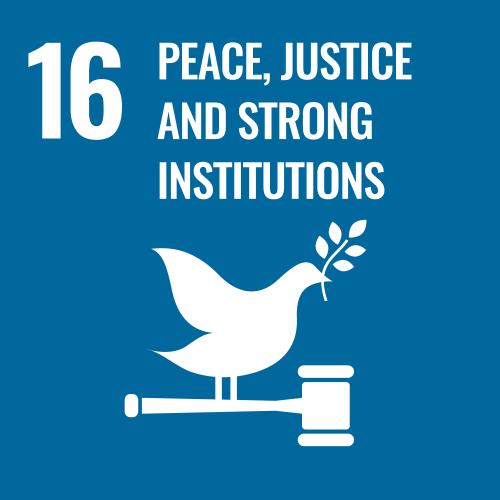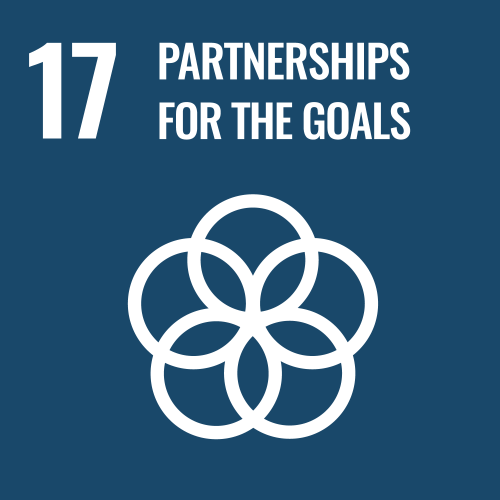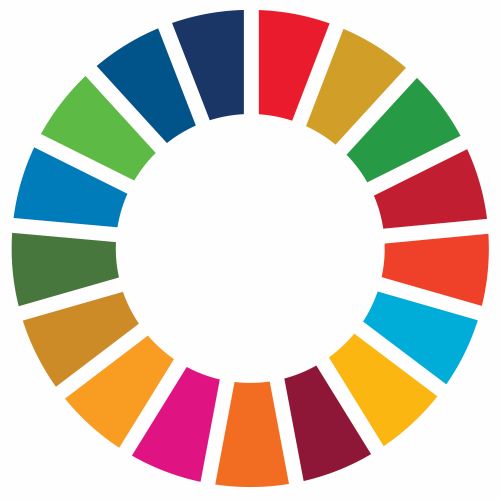
09/10/2025
Judicial and law enforcement specialists work with their counterparts on investigating human trafficking and protecting victims of trafficking.
Human trafficking is 21st-century slavery and one of the most common crimes worldwide, generating huge amounts of money after drug and arms trafficking. It involves financial crimes that must also be investigated and that sometimes lead to the discovery of trafficking cases.
For this reason, La Paz and Santa Cruz de la Sierra in Bolivia have hosted a training course on financial investigations related to human trafficking and the protection of trafficking victims, aimed at professionals in the judicial and police sectors.
Specialised training in parallel financial investigations involving predicate offences of human trafficking and/or smuggling of migrants has been organised by two European projects managed by FIAP in Bolivia, the project on the prevention of human trafficking and the project on the fight against organised crime, and has enabled the training of almost 60 professionals.
With a theoretical and practical approach, the training has addressed international, regional and national regulations on trafficking; the investigation of human trafficking offences and the protection of victims; the requirements and regulatory framework for parallel financial investigations; financial analysis and asset investigation; risk analysis and indicators of the legitimisation of illicit gains; international cooperation, documentation and evidence management, and inter-institutional collaboration, all with a human rights and gender-based approach.
From the point of view of investigating human trafficking offences, the importance of including a victim-centred approach throughout the entire investigation process has been emphasised, with a focus on the various protection measures aimed at psychological, social and family recovery, as well as financial compensation. With regard to financial investigation, reference was made to the regional good practice guide for the development of parallel financial investigations, produced by GAFILAT and the European COPOLAD project in 2023, which identifies key areas for improvement such as strengthening the legal framework, international cooperation and human resources. Common weaknesses in the region were also addressed, such as limited resources, poor inter-institutional coordination and a lack of adequate technological means.



